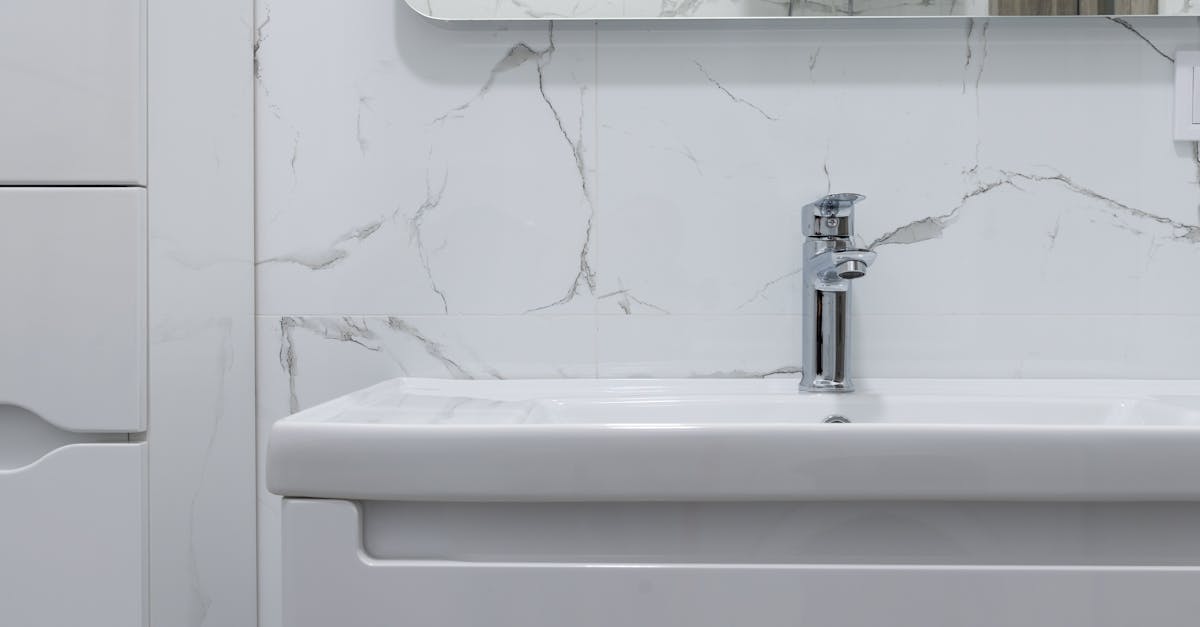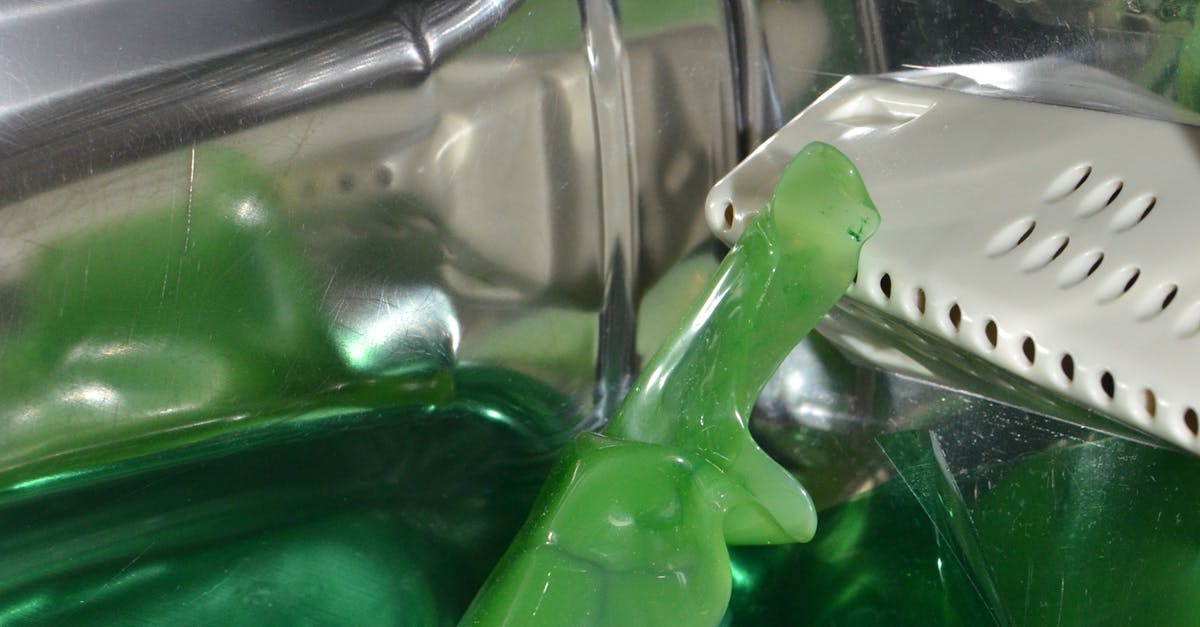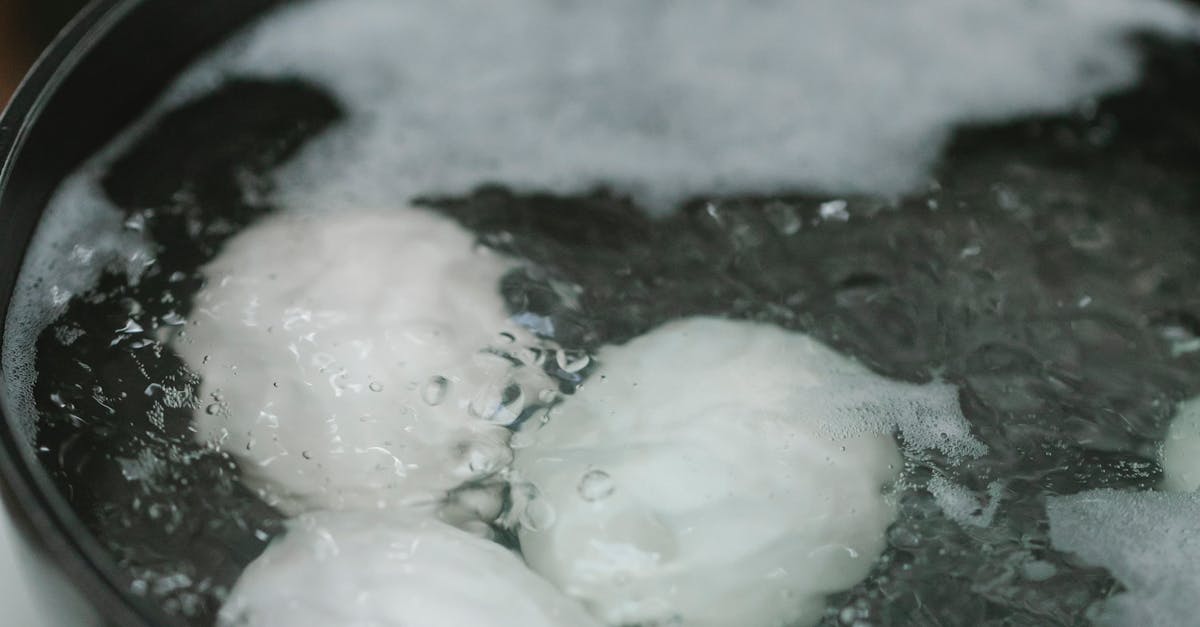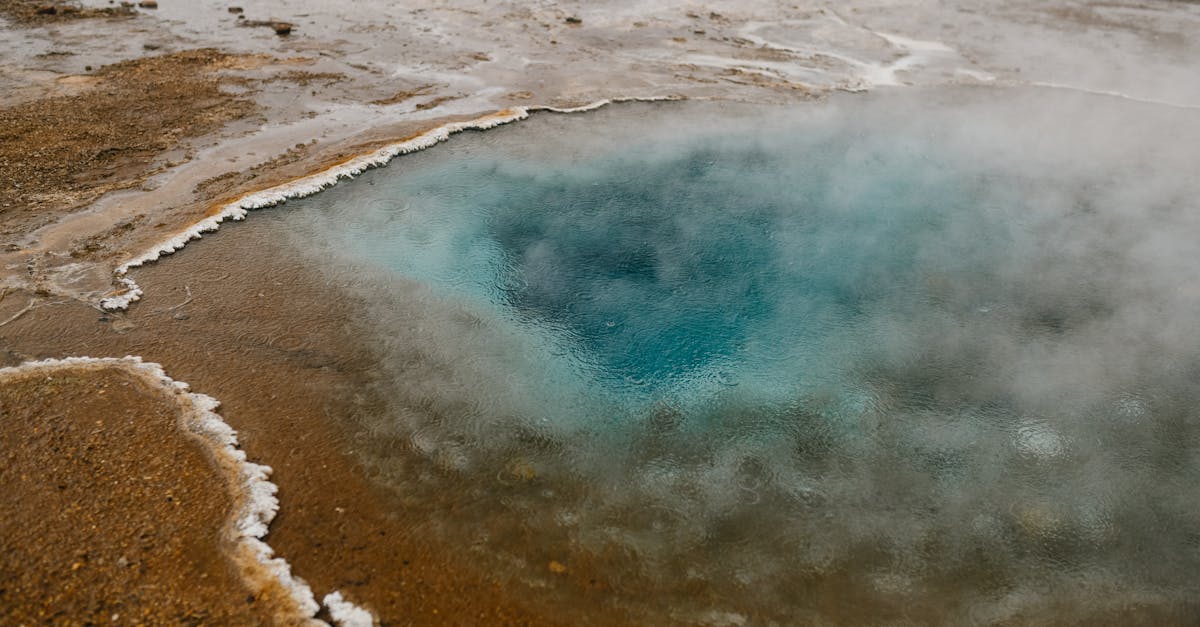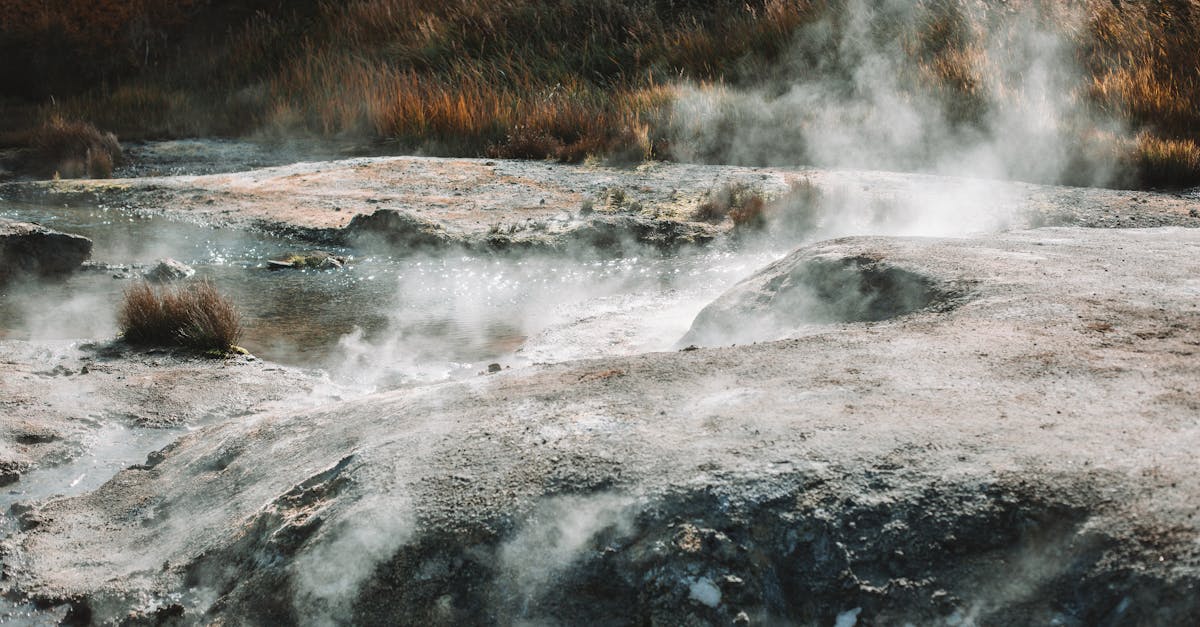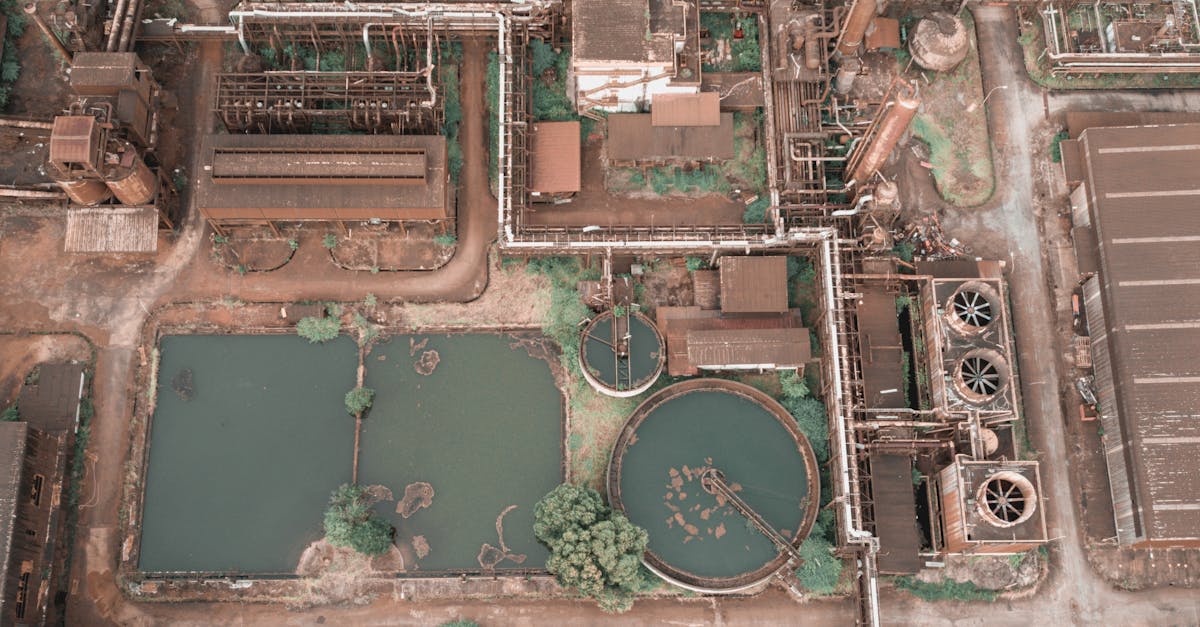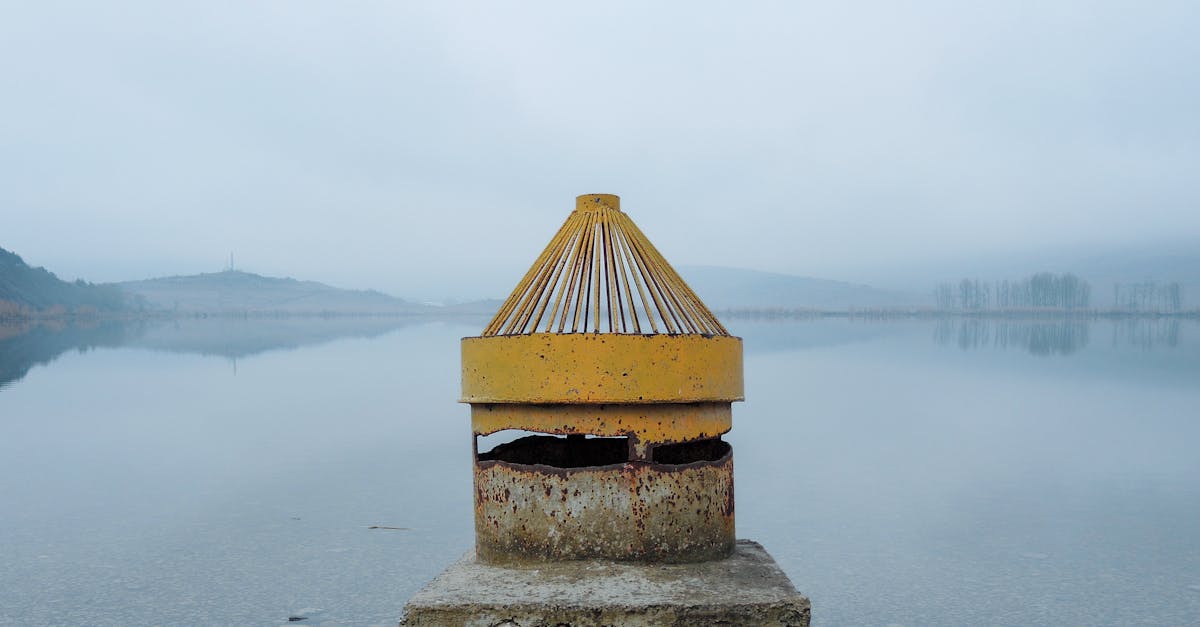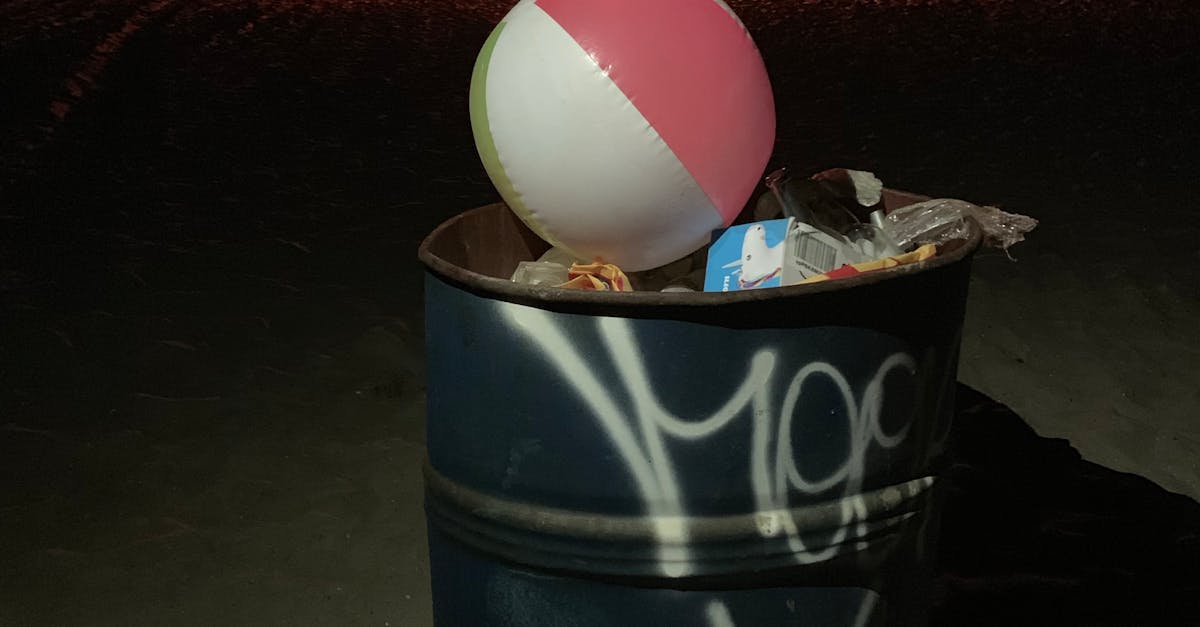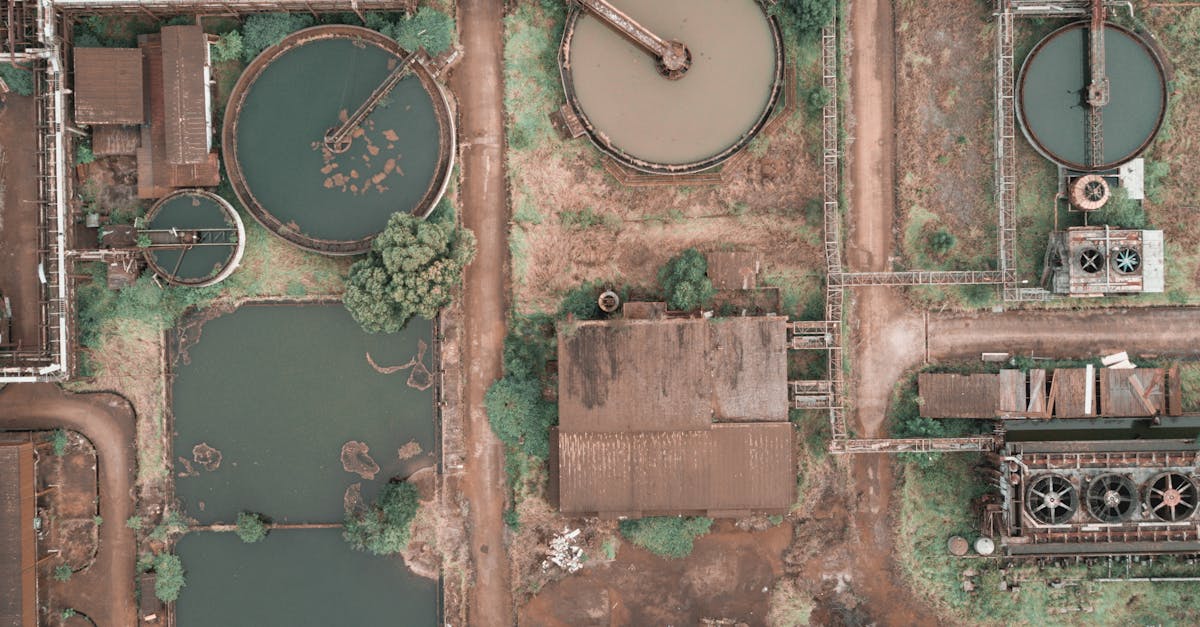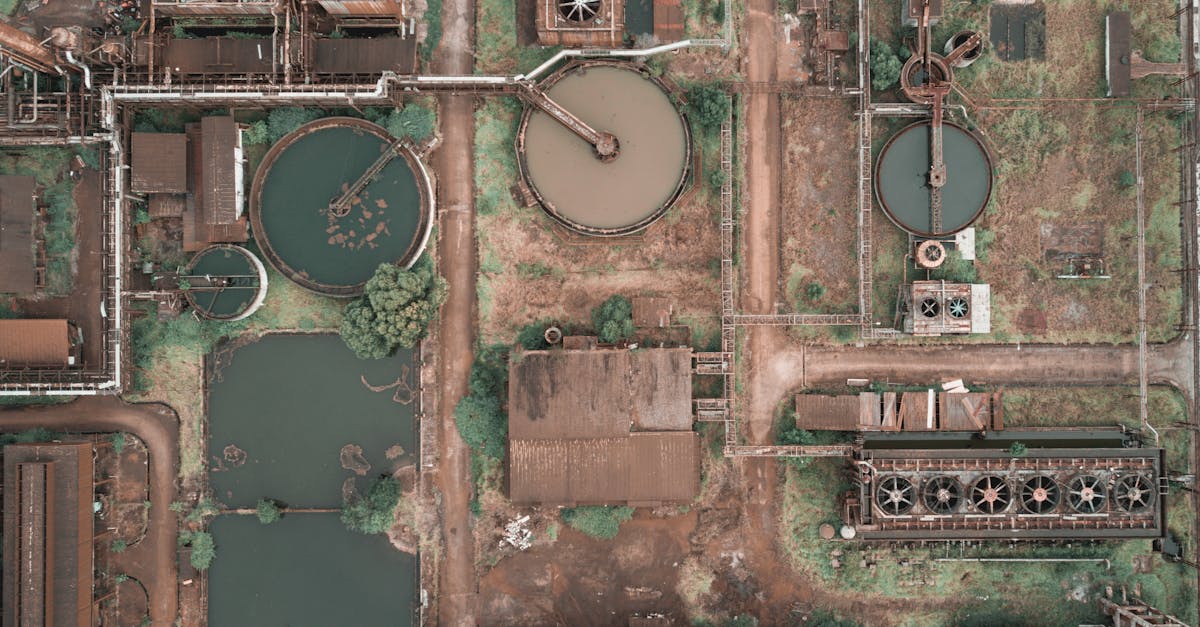
Table Of Contents
Common Signs of Hard Water Sediment in Your Hot Water Heater
When your hot water system starts showing signs of inefficiency, it could be a result of hard water sediment buildup. One common indicator is reduced water flow from your taps or shower. If you notice that the water pressure has decreased significantly or fluctuates, it may be due to mineral deposits accumulating in your hot water system. These sediments can create blockages or reduce the flow of water through the pipes, affecting the performance of your water heater.
Another sign of hard water sediment in your hot water heater is the presence of strange noises during operation. If you hear banging, popping, or rumbling sounds coming from your hot water system, it may be a sign that mineral deposits have hardened at the bottom of the tank. As water is heated, it tries to pass through these deposits, causing the noises. Addressing these issues promptly through Hot Water System Cleaning is crucial to maintain the efficiency and longevity of your hot water system.
Reduced Water Flow
Reduced water flow is a common indication of hard water sediment build-up in your hot water system. When mineral deposits accumulate inside the heater, it restricts the flow of water, causing decreased water pressure. If you notice that your showers are becoming less powerful or it takes longer for the water to reach the desired temperature, it may be time for a Hot Water System Cleaning.
To address the issue of reduced water flow due to hard water sediment, it is essential to flush out the tank and remove the deposits. This process involves draining the hot water heater and then introducing a solution to break down the mineral build-up. Regular maintenance and cleaning of your hot water system can help prevent sediment accumulation and ensure efficient operation.
EcoFriendly Solutions for Removing Hard Water Sediment
When it comes to removing hard water sediment from your hot water heater in an eco-friendly manner, one effective solution is to use vinegar. This household item is not only cost-effective but also gentle on the environment. To start the cleaning process, turn off the power supply to your hot water system and allow it to cool down. Once the system has cooled, drain a few gallons of water from the tank to decrease the level before adding vinegar. Pour in a sufficient amount of vinegar, typically around two to three litres, and let it sit for several hours to dissolve the sediment buildup. After the vinegar has had time to work its magic, flush out the tank thoroughly to remove the loosened particles and any remaining vinegar residue before turning the hot water system back on.
Another eco-friendly method for hot water system cleaning is using baking soda. Baking soda is a gentle abrasive that can help scrub away stubborn sediment without causing damage to the tank. Similar to the vinegar method, start by turning off the power supply and draining some water from the tank. Next, create a paste using baking soda and water, and apply it to the interiors of the tank where sediment has accumulated. Use a brush to scrub the surfaces gently, focusing on areas with the most buildup. Once you've thoroughly scrubbed the tank, flush it out until the water runs clear to ensure all the sediment and baking soda residue are removed. This natural cleaning approach is not only effective but also safe for the environment and your hot water system.
Using Vinegar for Cleaning
Vinegar is a versatile and convenient solution for cleaning out hard water sediment from your hot water system. Its acidic properties work effectively to break down the mineral build-up inside the tank, ensuring better performance and longevity of your water heater. To utilise vinegar for Hot Water System Cleaning, start by turning off the power supply to the water heater and allowing it to cool down.
Once the water heater is safe to touch, locate the drain valve at the bottom of the tank and connect a garden hose to it. Position the other end of the hose near a drain to avoid a messy cleanup. Next, open the pressure relief valve and the drain valve to let the water flow out. After draining the tank, close the valves and pour a few litres of vinegar into the tank. Let the vinegar sit for a few hours to dissolve the sediment before draining it out. Repeat the process if necessary, and don't forget to flush the tank with clean water before turning the water heater back on.
Professional Services for Cleaning Hard Water Sediment
When it comes to tackling hard water sediment buildup in your hot water heater, sometimes turning to professional services for assistance can be the most effective solution. Companies specialising in Hot Water System Cleaning have the expertise and tools to efficiently remove stubborn sediment from your system, ensuring optimal performance and longevity.
Professional services for cleaning hard water sediment typically involve a thorough inspection of the hot water heater to assess the extent of sediment accumulation. Using advanced equipment and techniques, these experts can dislodge and flush out the sediment, restoring your hot water heater to its full capacity. Hiring professionals for Hot Water System Cleaning may offer a hassle-free and comprehensive solution to the persistent issue of hard water sediment buildup.
Hiring a Plumber
When it comes to dealing with hard water sediment in your hot water system, hiring a professional plumber can be a wise decision. Plumbers have the expertise and knowledge to effectively remove the sediment build-up in your hot water heater. They will assess the extent of the sedimentation and recommend the best course of action for a thorough Hot Water System Cleaning.
Plumbers often use specialised equipment and tools to flush out the sediment from your hot water heater. They can also inspect the entire system to ensure that there are no underlying issues causing the sediment build-up. By enlisting the services of a plumber for Hot Water System Cleaning, you can ensure that your hot water heater functions efficiently and continues to provide you with quality hot water for your daily needs.
FAQS
What are the common signs of hard water sediment in a hot water heater?
Common signs include reduced water flow, strange noises coming from the heater, fluctuating water temperatures, and higher energy bills due to decreased efficiency.
How can I remove hard water sediment from my hot water heater in an eco-friendly way?
One eco-friendly solution is to use vinegar for cleaning. By flushing your hot water heater with vinegar, you can help dissolve the sediment buildup without using harsh chemicals.
How do I use vinegar to clean hard water sediment from my hot water heater?
To use vinegar for cleaning, first, turn off the power and water supply to the heater. Drain the tank and refill it with a mixture of vinegar and water. Let it sit for a few hours before flushing out the solution and sediment.
When should I consider hiring professional services to clean hard water sediment from my hot water heater?
If the sediment buildup is severe and DIY methods are not effective, or if you are unsure about the process, it is best to hire a plumber or professional service to clean the hot water heater.
What should I consider when hiring a plumber to clean hard water sediment from my hot water heater?
When hiring a plumber, make sure they are experienced in working with hot water heaters, provide a detailed quote for the service, and offer a warranty or guarantee for their work to ensure quality results.



